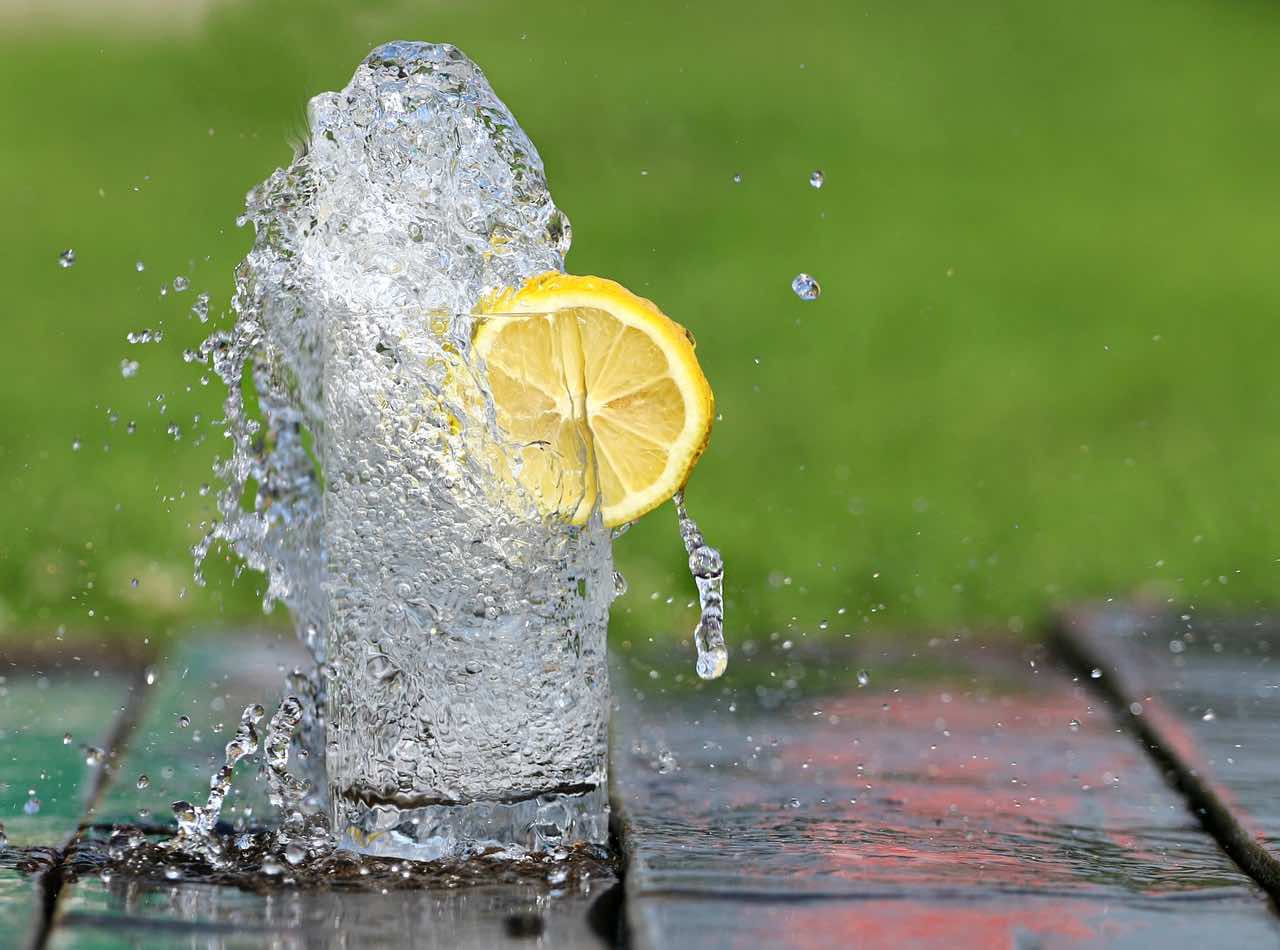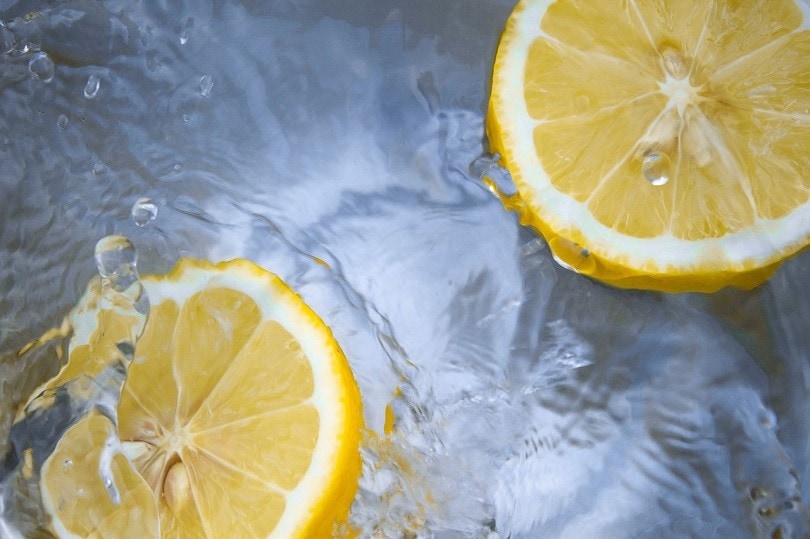The Similarities and Differences Between Dogs and People

It may surprise you to know that dogs and people are more alike than you may think. The fact remains that we share 84 percent of our DNA with canines. Genes, after all, are merely ingredients. It’s the combination of them that makes a person, Golden Retriever, or mouse. While we may like similar foods like steak and chicken, there are significant differences between you and your pet.
That’s why many things that you can eat like garlic and onions, are toxic to your pooch. A lot of the issues rest with digestibility. You may be able to metabolize an ingredient that your dog can’t. The absence of that vital enzyme can tip the scale to the bad side. An example is lactose intolerance. Your body may lack the lactase enzyme to break down the milk sugar, leading to gastrointestinal (GI) distress in some individuals.
Let’s delve into what makes lemons harmful to your pet.
We’d be surprised if your dog even wanted to drink lemon water. It’s not pleasant, especially if it’s not sweetened. That is a red flag for both people and canines. Making it sweet isn’t an option, especially with an artificial sweetener like xylitol. On the other hand, dogs eat a lot of stinky and unappetizing things, anyway. The taste may not be a formidable enough barrier to him, giving it a try.
There’s also the acidity, which you can undoubtedly understand if you have ever had acid reflux. It can tear up your dog’s gut just like it does you. He’ll feel as miserable as you do.
However, the story doesn’t end there.
Lemons contain two chemicals that are toxic to your pup and can cause serious health consequences. Psoralens is a term that refers collectively to 5-methoxsalen and 8-methoxsalen. They have therapeutic value for humans for the treatment of psoriasis. For dogs and other animals, not so much. It’s another example of that 16-percent difference between humans and dogs coming into play.

The human value comes from the compound’s ability to increase photosensitivity. UV light is a standard treatment for some human skin conditions, hence, its value in those cases. It doesn’t benefit dogs in the same way and is toxic of itself.Lemon water can cause a host of unwanted symptoms, including:
Ingesting lemon water is also potentially fatal.
The other problematic ingredient is limonene. Psoralens are found throughout the lemon tree, whereas the former is found mainly in the peel. It’s what makes lemons smell like, well, lemons. Adding to the issues is the fact that it’s typically concentrated, making its toxicity more of a problem even in smaller amounts.
You’d think that the smell and taste of lemons would deter dogs. It does. However, that doesn’t stop irresponsible pet owners from giving their pets this ingredient for what they sell as amusing reactions. We think it’s nothing short of cruel.
Time and support are the only ways to treat lemon toxicity from ingesting water with this citrus fruit. Eventually, your dog’s body will rid itself of this poison. In the meantime, you must make sure that he doesn’t become dehydrated from diarrhea and vomiting. The sudden onset of these symptoms is a telltale sign of poisoning. Health conditions often develop slowly.
If the digestive reactions are excessive, we strongly urge you to take your pup to the vet. He may need IV fluids to avoid the complications of dehydration, which can only make things worse. It is an urgent matter if you’re dealing with a puppy or toy breed.

Lemon Juice as an Effective Flea Repellent
Fleas on dogs are little monsters.
Once your puppy gets ‘em, getting rid of fleas can seem an impossible task.
Many owners often find themselves at a loss as to how to get rid of fleas.
Especially when it comes to getting rid of dog fleas using natural, homely, or in other words safe means.
You worry about it too, right?
And with the sheer number of solutions touted about out there, you get even more confused.
However, lemon juice is a known, fairly effective method of flea treatment for dogs.
Sure, it can’t possibly compete with potent chemical repellents.
Even home-made mixes of various organic products often have a combo effect that can work much better.
But for a quick, simple fix that you can apply even when you’re busy and in a hurry, lemon juice is awesome.
Although the probably the best way to use them is to steep some sliced lemons in some boiled water for a few hours, just squeezing some diluted fresh lemon juice works too.
Applying lemon juice topically can also help repel other insects apart from fleas such as ticks and mosquitoes.
You probably didn’t expect this when asking the question can dogs have lemon juice.
Not bad as far as simple home remedies for fleas go, eh?
Lemon Water As A Tear Stains Remover
Some dog owners claim that acid found in lemons help remove tear stains found in some dog breeds. We don’t suggest doing it as this could go wrong in so many ways. However if your vet approves and you promise to be extra careful with using it around your puppies eyes, dissolving few drops of lemon juice in lukewarm water and using the fluid to clean the tear stains should really help in removing them.
Can Dogs Eat Lemon? | Side Effects of Lemon For Dogs
Are you wondering if dogs can have lemon juice? Are there really benefits and, if so, do they outweigh the downsides?
 In pure form, it’s simply too strong.
In pure form, it’s simply too strong.
Concentrated psoralens, which are common to citrus fruits, may not sit well with your dog’s stomach.